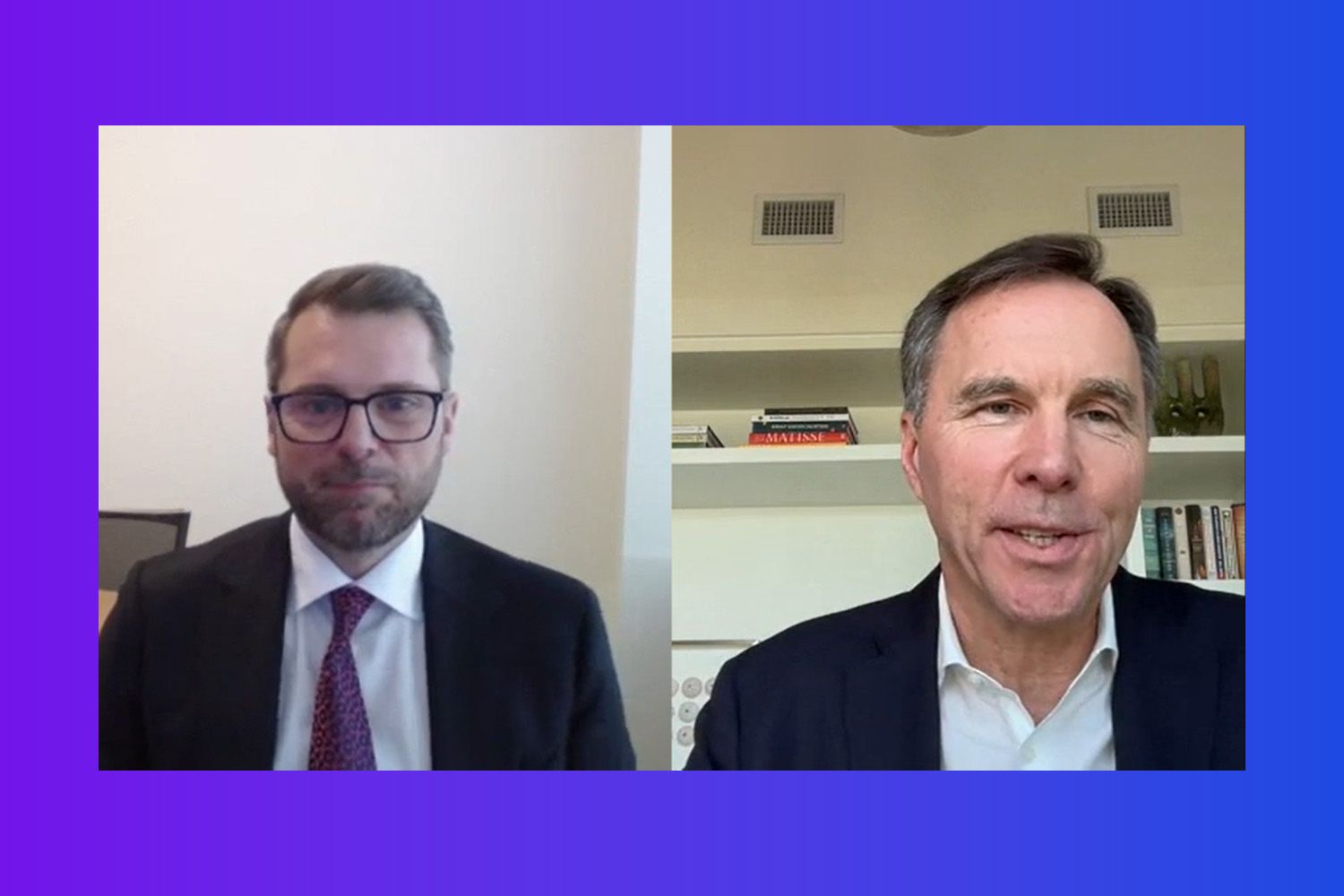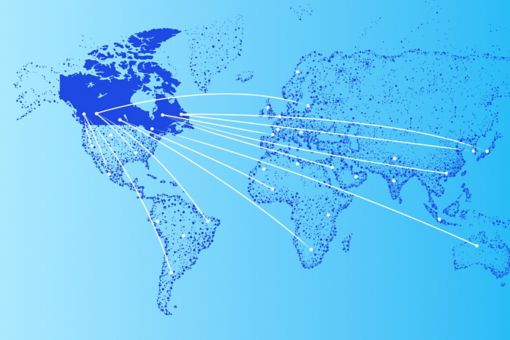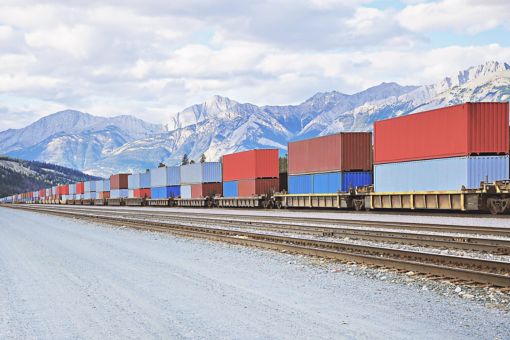Building resilience in the face of trade disruption
The recent trade landscape has been significantly impacted by tariffs between the U.S. and Canada, impacting over 80% of businesses. Tariffs, which are taxes imposed on imported goods, serve various purposes, including protecting local industries and influencing trade balances. They can encourage consumers to buy domestic products by making imports more expensive, but they may also lead to higher prices for consumers and provoke retaliatory measures from other countries, resulting in trade disputes.
KPMG is committed to supporting and empowering the Canadian business community in transforming challenges into avenues for growth. By embracing a proactive approach and strategically optimizing your business strategies, you can pave the way for long-term success and sustainability.
80% of business leaders say they will be impacted by U.S. tariffs
Implementing a proactive trade strategy
In the current environment, it is highly important to proactively assess current business strategies, structures and supply chains to mitigate risk and build resiliency.
Utilize trade data to gain a comprehensive understanding of the current landscape, including potential impacts and opportunities. This information can help pinpoint specific products or materials that are most susceptible to tariff increases and assess their effects on revenues, operations, and partnerships. By grasping the potential impact of tariffs on costs, companies can adopt cost-saving measures to sustain profitability.
Prioritize targeted operating outcomes to develop a response strategy model and scenario evaluation:
Diversify supply chains: By improving supply chain visibility, companies can better understand their operations and consider alternative suppliers located in countries with fewer tariffs, which can help reduce the risks of disruption. Additionally, enhancing resiliency through scenario planning and data-driven decision-making will enable proactive planning for future challenges.
Tariff exclusion process: Some tariffs allow for exclusions that fit the eligibility criteria. Companies can request exclusions for specific products, requiring detailed justifications and documentation.
Strategic transfer pricing: Transfer pricing plays a significant role in customs valuation, as it can directly impact the amount of tariffs paid. By establishing a lower transfer price, businesses may be able to reduce their tariff liabilities.
Evaluate contracts and partnerships: Conducting a thorough review of contracts related to customs duties and tariffs to understand obligations between parties can provide opportunities for cost reduction and improved compliance.
Country-of-origin rules: Assess the application of these rules in your operations.
The Canadian government introduced the tariff remission process as support for businesses impacted by tariffs. Collect the necessary information and submit an application for tariff recovery on goods imported from the U.S. for qualifying entities under the Canadian tariff remission process. These entities can recover tariffs if the goods cannot be sourced from Canada.
Access to insightful trade intelligence will be critical for businesses to stay informed and allow them to proactively adjust their strategies and operations. This monitoring will help minimize unexpected costs and disruptions, ensure compliance, and maintain competitive advantage in the global market. KPMG professionals can support with ongoing monitoring and guide you on how changes could impact your company.
A comprehensive approach to your trade strategy
KPMG Tax, Legal and Advisory leaders can help provide comprehensive support on tariffs and key considerations for navigating the path ahead.
Optimize supply chains, mitigate impact and recover applicable tariffs
Assess structures and policies to reduce tariff liabilities
Enhance resiliency to enable business continuity
Evaluate and manage enterprise risks and compliance obligations
Evaluate contracts and partnerships to understand obligations
Optimize capital and strategic restructuring to endure challenges
Manage productivity, risk, and change in the short through long term
Have a question for our team of professionals?
As Canada pulls together to address these uncertain times, KPMG teams can help equip you with the insights you need to make informed decisions on what’s best for your business. Contact us today.
Watch
The future of trade: Redefining strategies for a new era
August 7, 2025 | KPMG in Canada
Watch
Tariff disruption: Responding with resilience
April 9, 2025 | KPMG in Canada
Watch
The tariff impact: Insights from Canadian businesses on building resilience
Feb 25, 2025 | KPMG in Canada
Watch
The tariff impact: Navigating trade disruption as a Canadian business
Jan 28, 2025 | KPMG in Canada












